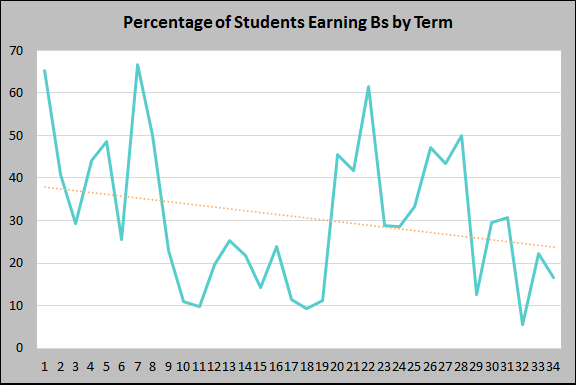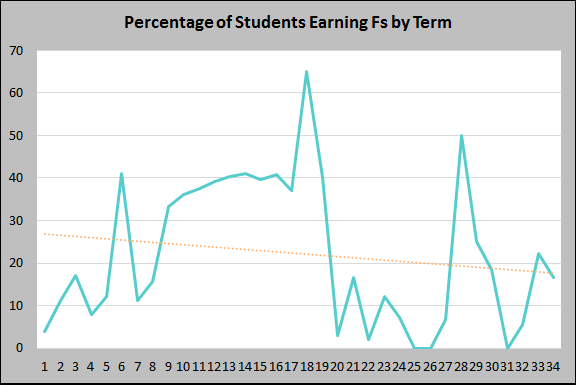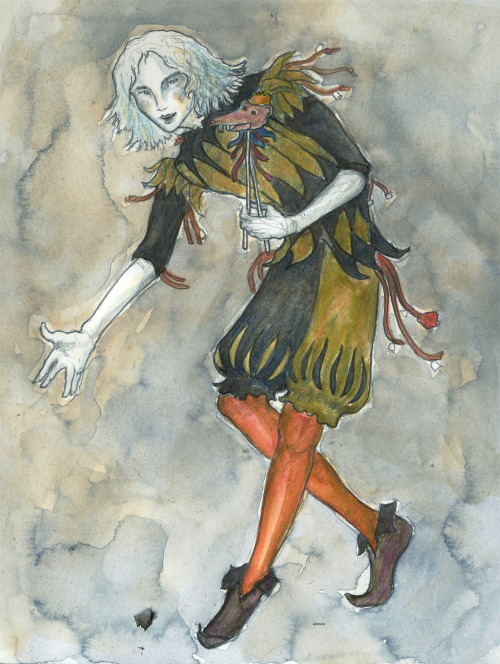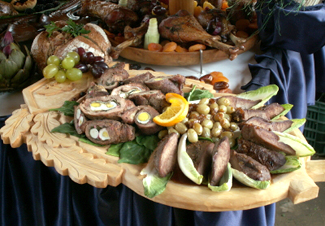One of the assignments students are asked to do in ENGL 135 in the November 2019 session, following a course redesign, is a summary-and-response piece that looks at two treatments of arguable topics in current news and related media, summarizes each, and compares the two. Each of the summaries is expected to be three paragraphs in length, formatted appropriately; the comparative passage should be some two to three pages. Since APA formatting is requested, a title page and a references list are likely expected, as well. And, following my long-standing practice, an example of the kind of work I hope to see on the assignment and a narrative of how I put it together follow.

Clearly, the first task to do to complete the assignment is to select a topic. I tend to restrict topics I’ll accept from students, and I am doing so for later assignments in the session, so I will follow the restriction as I generate the present example and steer away from treating abortion, gun control, legalizing marijuana, LGBTQIA+ rights, political ideology (in the sense of party alignment), and religious ideology. Doing so avoids “hot-button” issues about which most people have preconceived ideas that are more or less articles of faith. Experience suggests that most students–indeed, most people–are not willing to concede that they can be wrong about them, and a willingness to be wrong is necessary for learning. But even aside from the obvious topics, there is much to discuss, and in some detail.
Among the things to discuss is an issue prevalent in the academic field I sought to enter (about which more here and here). That field, medieval studies, is currently grappling with its racist appropriations and underpinnings, with a particular event (recent to the time of this writing, meaning within the last 60 days) and reactions to it standing out as exemplary of the struggle still ongoing and still needing to be done. There are many articles surrounding the event, as a quick Google search for it revealed (and I admit to being helped by being familiar with the topic already), and I selected two such, one from the Washington Post and one from Inside Higher Ed.
After selecting the topic and the articles to treat in the example assignment, I opened a Word document and began to format it for use in the assignment. That is, I set it to double-spaced 12-point Times New Roman type with one-inch margins on letter-size paper; inserted my running head, headers, and page numbers; and stubbed out sections for my title page, main text, and references list. Doing so obliged me to develop a title–easy enough, given that APA asks for descriptive paper titles–and it allowed me to record citations for my articles so that I would not forget to do so later. The latter is particularly important, as I’ve had many students lose points or fail papers entirely because they “forgot” to add citations that they “meant to go back and put in later.”
That done, and knowing I would need to summarize the articles, I read them. As I did, I made marginal notes (I printed the articles, as I read better and more swiftly from a physical page than a digital) and identified major points of argument, as well as strengths and weaknesses of the pieces as I read. I began with the earlier-published piece, the chronology seeming to make sense.
Having read the pieces, I began to write my summaries of them. As with the reading, I began with the earlier-published piece. Even before moving through the summaries, though, I stubbed out the direction I wanted my text to go, making sure that movement between the parts of the paper would be clear and indicate to readers how the new part connects to the previous. It also allowed me to move towards a thesis–which I hold a comparative piece should have. That is, comparative works should move past simply listing similarities and differences to make a claim about the things being compared–usually in terms of some value-judgement (“Ð is a better example of writing than Þ because…”).
Once I had my thesis in place and my summaries done, it came time to actually argue the thesis. That is, I had made a claim, so I needed to support it. The response portion of the paper is supposed to take some two to three pages. I average 325 words per page, making my target length somewhere between 650 and 975 words for the portion–figures which I looked at because my summaries ended at a strange point on the page. My habit in all but the shortest papers is to make a counterpoint and rebut it before moving into my central argument, and though 650 words is quite brief, 975 allows me space in which to make the more nuanced presentation.
As I wrote, knowing that the piece is intended for student use as an example, I strove to make the text accessible to first-year composition students. Consequently, I wrote in relatively short paragraphs (approximately 85-150 words), keeping the average reading level right around the end of high school, per Flesch-Kincaid grade levels. I revised to keep the reading level in line as I composed, thinking it important.
After arriving at a decent stopping point that fell within the word-count range I’d established, I reviewed the text I’d written for overall adherence to APA usage standards. Finding no problems (but acknowledging that my own eye for my work is not without flaw, and that proofreading immediately after writing is other than optimal), I put the text in a form others could access, which I present here in the continued hope that what I do will be of use to others, both in my class and in others that may be taught: G. Elliott Sample Current Event.
I continue to appreciate support for drafting new teaching materials.














